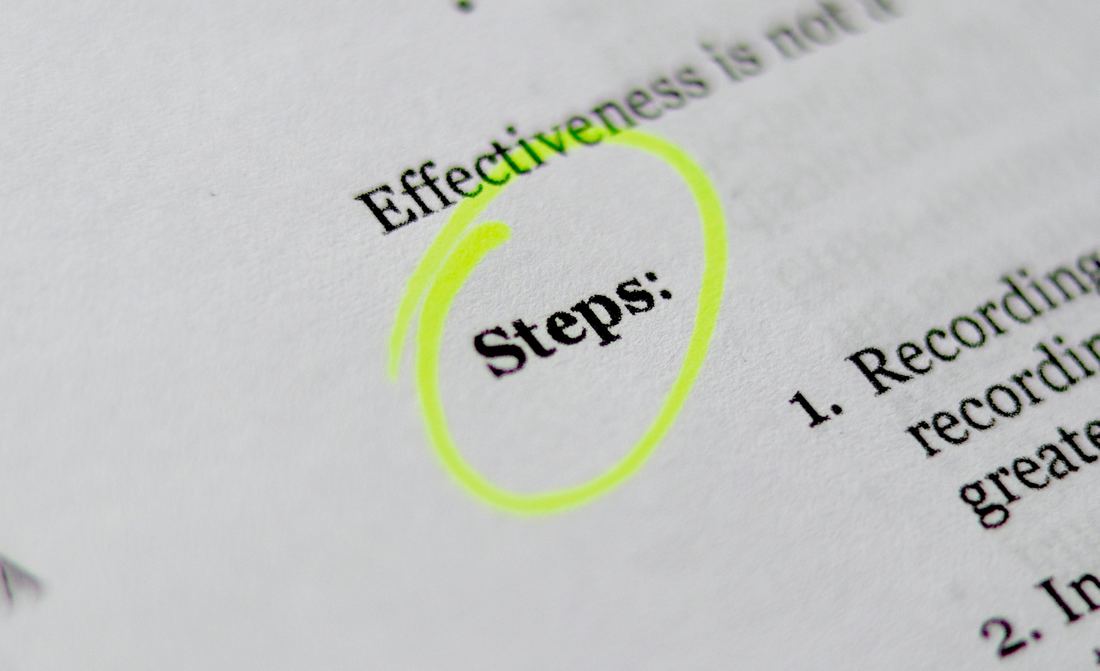
Executors duties
The first thing of which you need to be aware is your obligations as an executor. Even if you are a layperson, the position of an executor is a position of a trustee. You are holding money on behalf of someone else and therefore you have certain duties and responsibilities to the estate and to the beneficiaries.
Duties and responsibilities of the executor include:-
-
Providing information for tax purposes;
-
Disposing of the body and dealing with the funeral;
-
Collecting in and administering the deceased's assets and liabilities (which means maintaining the assets and keeping them safe, paying any debts due to the estate, collecting in the assets and distributing the estate at the end of the administration process);
-
An obligation to provide an inventory and account which must be available for inspection by a beneficiary or creditor;
-
A overarching statutory duty of care. This requires trustees (in this case, the executors) to exercise such skill and care as is reasonable in the circumstances including by reference to any particular skills that the executor has.
Lay executors should not think that they do not have these obligations. The fact that you are a lay executor will not count for much if you misuse, misplace, or abuse the assets of the estate, even if you did not mean to.
Probate process
The probate process can be complex but in essence they are several main steps that you would need to take:-
-
Register the death, and arrange the funeral;
-
Find out to the value of the estate and check if you need to pay inheritance tax;
-
Completing an inheritance tax return and taking steps to settle any inheritance tax liability, as required, before applying for the grant of probate. This must be completed within the required timescales to reduce interest/ avoid penalties
-
Apply for a grant of probate;
-
Pay any debts and remaining taxes owed by the deceased's estate, and collect in all of their assets;
-
Finally, you would prepare finalised estate accounts and distribute the assets of the estate which remain after payment of all expenses and debts to the beneficiaries in accordance with the will. You need to check that beneficiaries have not been declared bankrupt, and in the case of intestacies, that all beneficiaries have been correctly identified before distributions can be made.
As stated, this is a very brief overview and probate can be a complicated process in difficult estates.
Our next blog will discuss when you should consider seeking independent advice as an executor.
If you have any issues dealing with an estate please do not hesitate to contact Sarah Sharpin by email or on 01494 521301.